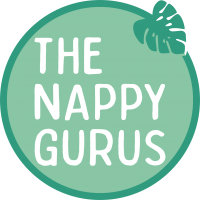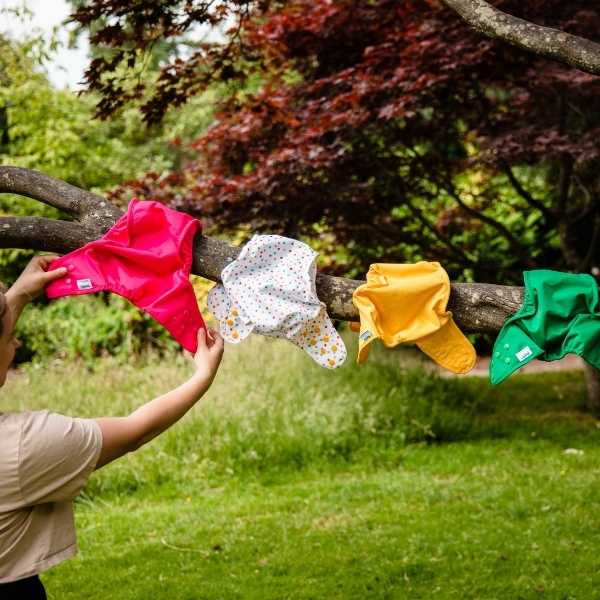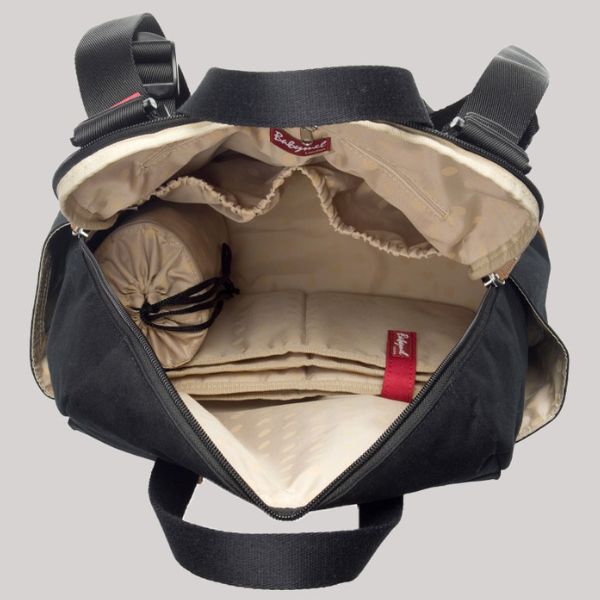Nappy Resolutions - How Parents can become Greener in 2022
Becoming a parent is potentially one of the most climate-unfriendly things we can do as individuals, and bringing a child into the world can release up to 5,000 tonnes of C02 depending on how the child is raised¹. With this in mind, parents in the UK are determined to implement eco-conscious parenting.
Following our Great Big Nappy Census that revealed 88% of parents think eco-conscious parenting is important for their children², we have put together five sustainable solutions for parents hoping to lead greener lifestyles in 2022:
Choose reusable nappies and washable wipes
Every day in the UK, eight million nappies are thrown away, equating to three billion a year. Considering this staggering figure, disposable nappies make up on average 4-6% of household waste. On top of this, disposable nappies can cost parents over £1,200 during infancy, whilst 68% of cloth nappy parents will spend under £300 for their reusable nappies.
With these statistics in mind, a positive first step in leading a greener parenting lifestyle is to switch from disposable nappies and wipes to reusables. In doing this, parents could reduce their carbon footprint by 40%.
Buy second-hand baby essentials
New parents are often keen to have the latest baby essentials and therefore will buy products such as prams and car seats brand new. However, choosing to shop on sites like Preloved.co.uk will not only save parents money but will reduce plastic waste. Another eco tip is to buy wooden toys rather than plastic toys; not only are they more long-lasting and durable, but they cause less waste and include fewer chemicals than plastic toys.
Borrow maternity clothes
When a mum falls pregnant, they will likely have to invest in a new wardrobe to accommodate their growing baby. However, buying many new clothes that have a short life cycle contributes to material waste and an increase in carbon dioxide. Borrowing maternity clothes from friends or purchasing second-hand clothes from charity shops could significantly decrease a mum's contribution to clothing waste.
Use homemade baby food
Choosing to feed your baby homemade baby food is a simple step towards a greener lifestyle. By using homemade baby food rather than packaged foods, you will be reducing plastic consumption and contributing to a reduction in carbon dioxide emissions caused by the transportation of such foods. Homemade baby food is generally more nutritious than processed food too, and when cooked in bulk, this greener option could save parents time and money.
Consider breastfeeding
From the packaging to the transportation, choosing formula over breastfeeding has a negative environmental impact. Breastfeeding uses few water and land resources and produces no carbon emissions and hardly any waste³.
Thoughts from an eco-friendly mum
Toria Shell, eco-friendly mum and Nappy Gurus team member, comments on how making sustainable parenting choices has saved her money and changed her family's life: “Whilst pregnant with Miguel, my husband was very keen to explore us using reusable nappies, both from a cost point of view and the impact on the environment. I was initially sceptical, primarily thinking of the extra washing required and old-fashioned ideas of what a reusable nappy looked like - I thought he was crazy. But as my due date grew closer and the pandemic hit, making things like disposable nappies harder to source, I began to research myself and once I saw the number of stylish options out there and just how easy they were to use, I was completely converted.
“Whilst we used reusable nappies from birth - initially part-time before switching to full time once we'd built up a collection - it was a few months before we brought reusable wipes into the mix. But after making the switch, I could never imagine going back!"
“Our primary decision to introduce reusable wipes was the speed we were running out of disposable wipes and then thinking it a natural next step to the nappies as to use one without the other began to feel counterintuitive. However, the benefits the reusable wipes brought with them just began to stack up! They were softer on his skin, one wipe was enough to handle any poo-explosions, compared to having to use three or more disposable wipes in comparison and because they could just go in the wash with his nappies, there was no extra work and we never ran out again! When we eventually got to the weaning stage, we then never even contemplated using disposable wipes for hands and face cleans, it was a natural part of our lives to continue with reusable wipes.”
Greener parenting in the New Year
As we approach a new year, now is the perfect time to review our habits, especially as parents. With climate change such a hot topic in 2021, there are some really simple changes that can make quite a big impact on the environment.
Our recent Great Big Nappy Census revealed some really positive things about parenting in the UK, including how many parents are really keen to switch to reusable nappies from disposable nappies and are on a sustainable journey in some way.
Parents are sometimes worried about how much time and effort is involved in becoming eco-friendly when it’s actually a simple process. Switching from disposable to reusables is one of the greatest ways to make a positive environmental impact whilst saving yourself money. An example of this is parents in Hackney who have collectively saved almost £1.5 million and helped avoid 1,300 tonnes of disposable waste in the borough. This is a huge achievement and something each city in the UK is more than capable of doing if they put their mind to it.
To start your reusable nappy journey, take a look at our nappy starter kits here.
For more insights and tips from our experts, head over to our nappy blog page, including blogs such as:
- 5 Reasons to Choose to Reuse
- Everything You Need to Know About Swim Nappies
- Avoid Plastic Waste When Travelling with Babies
- Is Baby Wearing Good for Babies?


